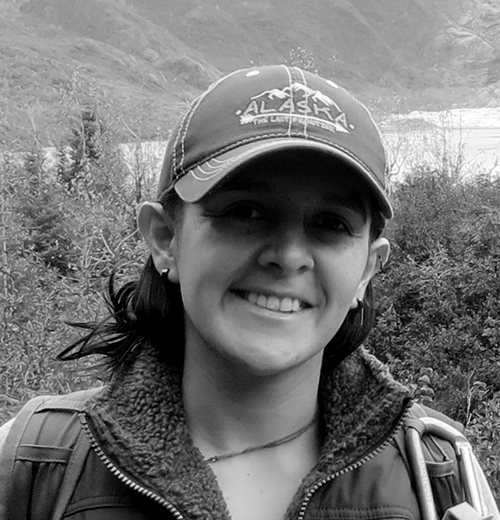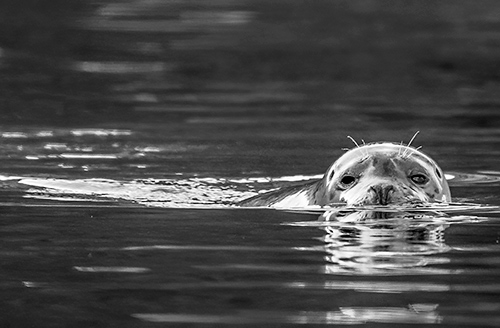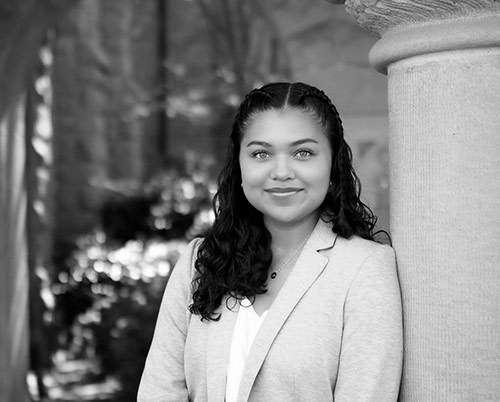SHI to sponsor lecture on the reproductive life of seaweeds
Sealaska Heritage Institute Press Release
SHI TO SPONSOR LECTURE ON THE REPRODUCTIVE LIFE OF SEAWEEDS
Free ...
SHI Press Release Archive
Sealaska Heritage Institute
SHI's PRESS RELEASE ARCHIVE
Welcome to SHI's Press Release Archive
The following recent articles ...
SHI News Archive
Sealaska Heritage Institute
SHI IN THE NEWS - ARCHIVE
Welcome to SHI's News Archive
The following recent ...
News
Sealaska Heritage Institute
NEWS
SHI News Archives
2002-2015 SHI News ArticlesSHI Current Press ReleasesSHI Past Press Releases
SHI to sponsor lecture on exposure to mercury in humans, potential effects in select marine mammals
Sealaska Heritage Institute Press Release
SHI TO SPONSOR LECTURE ON EXPOSURE TO MERCURY IN HUMANS, ...
SHI, IAIA urge federal panel to hold off on proposed amendments to arts and crafts act
Sealaska Heritage Institute Press Release
SHI, IAIA URGE FEDERAL PANEL TO HOLD OFF ON PROPOSED ...
SHI’s Council of Traditional Scholars to hold workshop on cultural memorial ceremony
Sealaska Heritage Institute Press Release
SHI’S COUNCIL OF TRADITIONAL SCHOLARS TO HOLD WORKSHOP ON CULTURAL ...
SHI to expand library programming for children
Sealaska Heritage Institute Press Release
SHI TO EXPAND LIBRARY PROGRAMMING FOR CHILDREN
Move stems from successful ...
Stanford student wins 2023 Judson Brown scholarship
Sealaska Heritage Institute Press Release
STANFORD STUDENT WINS 2023 JUDSON BROWN SCHOLARSHIP
Program honors students with ...
SHI to offer community of practice program to support Alaska Native teachers
Sealaska Heritage Institute Press Release
SHI TO OFFER COMMUNITY OF PRACTICE PROGRAM TO SUPPORT ALASKA ...




